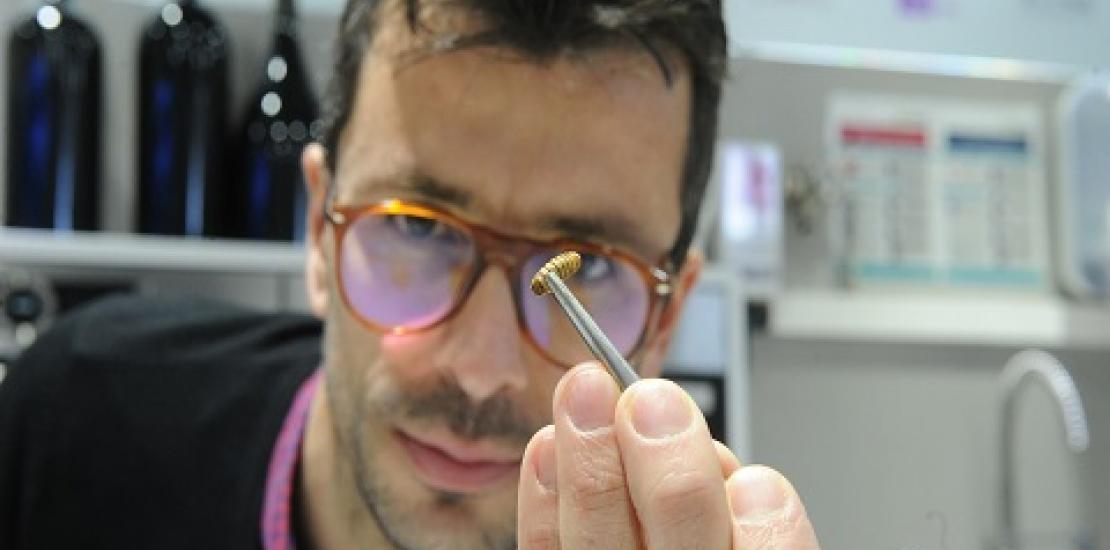UCAM and Entomo AgroIndustrial investigate the advantages of adding insects to meals
Since January 1st of this year, a new regulation by the European Union came into force, through which both insects and products made with new techniques are allowed.
Beetles and worms in your meals
One of the strongest points that our country undoubtedly has is the Mediterranean diet. With special attention to olive oil, fish and nuts, using meat as a garnish and without forgetting the use of seasonal vegetables, our diet can not be considered as just another way to lose weight or stay fit, but should be considered a way of life.
However, since Monday, January 1st of this year, a new regulation by the European Union came into force, through which both insects and products made with new techniques are allowed.
UCAM and the company Entomo AgroIndustrial, born in the Region of Murcia, investigate the advantages of adding insects to meals, hoping to have results in the next four months. Although it was this year when insects were finally given the green light, larval rearing has been an object of interest in Europe since 2013.
One of the two projects launched by the research group of the UCAM is titled 'Technology of industrial and culinary food processing', led by Luis Tejada and the company Entomo AgroIndustrial and focused on the preparation of food with insects for humans .
The vice-dean of Nutrition, Technology of Food and Gastronomy of the University, José María Cayuela, assured that the use of insects as a source of food not only has environmental benefits, but also for health.
Among the environmental advantages of the breeding of insects against livestock, we can find, for example, how the production of greenhouse gases are highly reduced. On the other hand, insects require less space to reproduce and live and, in addition, their proteins are of high quality.
Breads, biscuits and animal foods
The second project, called "Valoragrin", aims to make food for animals from insect meal and food waste. Diego Amores, founder and manager of Entomo AgroIndustrial, said that this project will be developed over three years: "In the first we will study in depth the life cycle of waste; during the second, pilot tests will be conducted to assess the performance; and in the third, aquaculture trials will be carried out ".
Food waste would reach 126 million tons in 2020 if no measures are taken
One of the pillars of this project is based on reducing the amount of waste while you get protein from them thanks to insects. "It has been shown that fly larvae can reduce the mass of organic waste up to 60% in 10 days", said Amores.
Undoubtedly, adding this type of food to our daily diet is a field yet to be investigated, not only because of the advantages they can offer, but also because of how to get people to consume them. Beetles, caterpillars, bees, ants, grasshoppers, termites are just some of the very different types of insects that have been approved for consumption.




